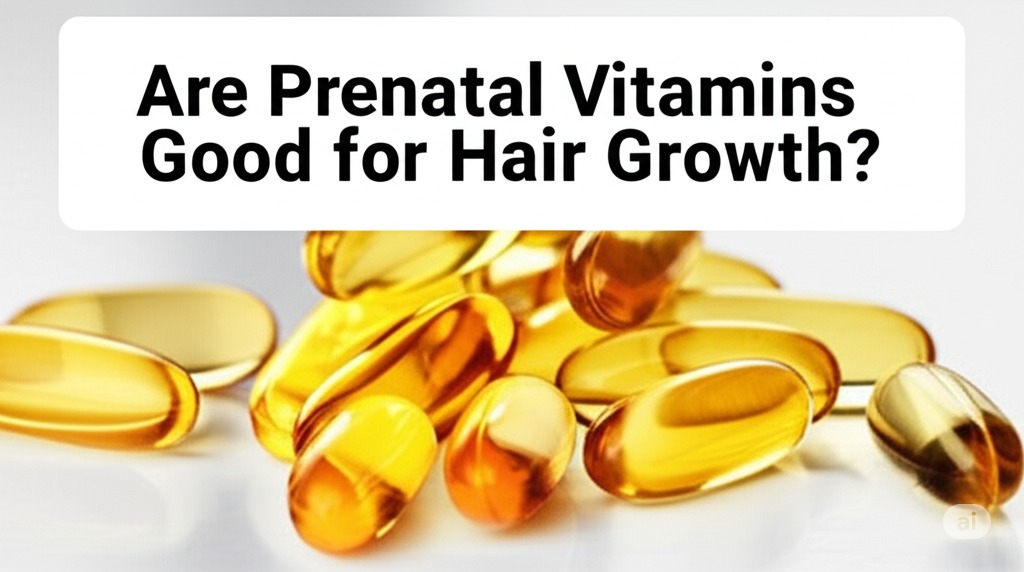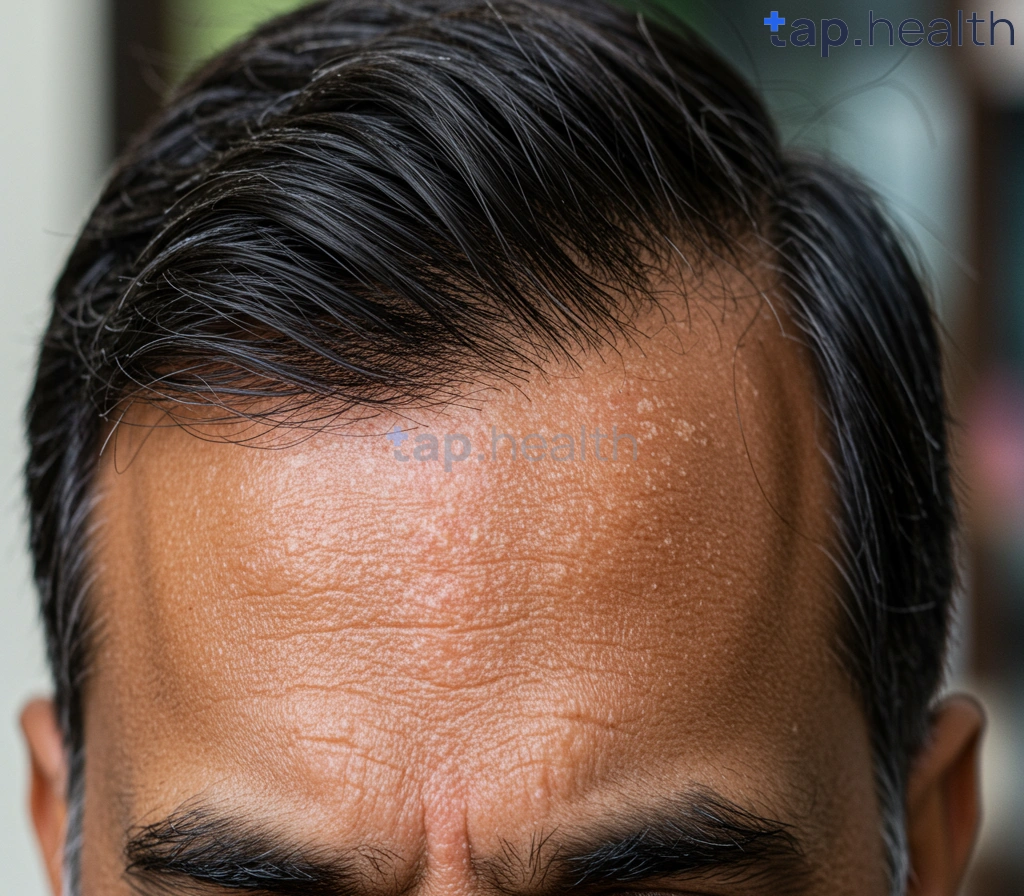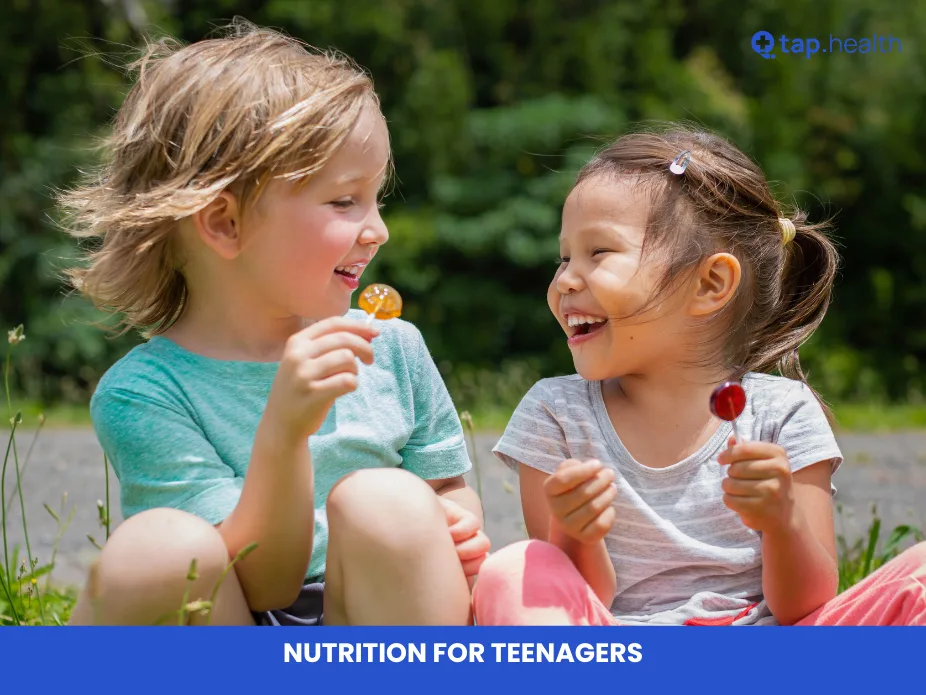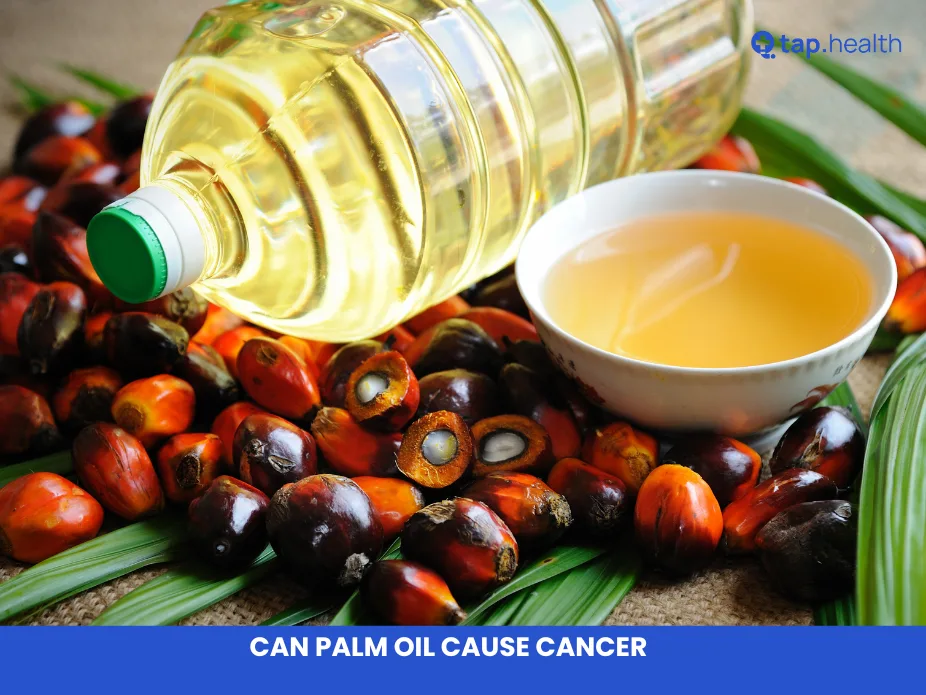Hair growth is a concern for many people, and it’s no surprise that people are always on the lookout for ways to encourage healthier, fuller hair. Among the many products available, prenatal vitamins have gained popularity for their supposed benefits in promoting hair growth. If you’ve ever wondered, “Are prenatal vitamins good for hair growth?”, you’re not alone.
Prenatal vitamins are typically recommended for women who are pregnant or trying to conceive, as they help support the health of both the mother and the baby. However, many people who are not pregnant have turned to prenatal vitamins, hoping they will help improve hair quality, thickness, and growth.
In this article, we’ll take a closer look at whether prenatal vitamins are good for hair growth, the role of key nutrients like folic acid, iron, and biotin, and any potential risks. By the end, you’ll have a clearer understanding of whether prenatal vitamins are right for your hair health.
What Are Prenatal Vitamins?
Prenatal vitamins are specially formulated multivitamins designed to meet the nutritional needs of pregnant women. These vitamins typically contain higher amounts of specific nutrients that support the health of the mother and baby, including folic acid, iron, calcium, iodine, and DHA (docosahexaenoic acid).
Prenatal vitamins are essential for promoting the proper development of a fetus and preventing birth defects, particularly neural tube defects. However, because of the nutrient-rich formula, some individuals who are not pregnant have started using them to enhance overall health and, in particular, to improve hair growth.
Key Ingredients in Prenatal Vitamins
- Folic Acid: This B-vitamin is crucial for cell growth and DNA synthesis, which is why it is often recommended to prevent birth defects. Folic acid also plays a role in promoting healthy hair by supporting cell division and the production of red blood cells.
- Iron: Iron supports oxygen transport in the blood, which is essential for healthy hair follicles. Low iron levels can lead to hair thinning or loss.
- Biotin: Biotin, also known as Vitamin B7, is often associated with healthy hair, skin, and nails. Many people take biotin supplements to promote hair growth.
- Vitamin D: Vitamin D is essential for immune function and plays a role in hair follicle cycling, which is the process by which hair grows, rests, and falls out.
- Iodine: Iodine supports thyroid function, which in turn affects hair growth. An imbalance in thyroid hormones can lead to hair thinning or hair loss.
Can Prenatal Vitamins Improve Hair Growth?
Prenatal vitamins contain a mix of nutrients that are essential for overall health, and some of these nutrients are known to promote hair growth. Here’s a breakdown of how some of the key nutrients in prenatal vitamins can benefit your hair:
1. Folic Acid and Hair Health
Folic acid is one of the most important nutrients in prenatal vitamins, and it plays a key role in hair health. It helps with cell growth and the production of red blood cells, which are necessary for delivering oxygen and nutrients to hair follicles. This can potentially lead to stronger and healthier hair.
While there’s no direct scientific evidence linking folic acid to increased hair growth, its role in promoting healthy cells and overall vitality suggests that it can help maintain hair health and prevent hair loss.
2. Iron for Hair Growth
Iron is another key ingredient found in prenatal vitamins that can have a significant impact on hair health. Iron helps carry oxygen throughout your body, which is essential for the functioning of hair follicles. Iron deficiency, or iron-deficiency anemia, can lead to hair thinning and hair loss.
By ensuring you’re getting enough iron from prenatal vitamins, you may be able to address hair loss associated with an iron deficiency. However, it’s important to note that too much iron can cause adverse effects, so it’s crucial to follow recommended dosages.
3. Biotin and Hair Health
Biotin (Vitamin B7) is one of the most popular supplements for hair growth. It’s often found in prenatal vitamins and is known for its role in strengthening hair, skin, and nails. Biotin is involved in the production of keratin, the protein that makes up the structure of your hair.
While research on biotin’s ability to promote hair growth is still ongoing, many people report improvements in hair thickness and quality after taking biotin supplements. Since prenatal vitamins typically contain biotin, they may be helpful for those looking to improve hair health.
4. Vitamin D and Hair Follicle Health
Vitamin D plays a significant role in hair follicle cycling, and research suggests that low levels of vitamin D may contribute to hair loss, particularly in conditions like alopecia areata. Prenatal vitamins often contain vitamin D, which may help ensure that your hair follicles are in their optimal state for growth.
If you have low levels of vitamin D, supplementing with prenatal vitamins could help improve your hair health, as well as support your overall immune system.
5. Iodine and Thyroid Function
Iodine is important for maintaining healthy thyroid function, and the thyroid gland plays a key role in regulating metabolism, including hair growth. An imbalance in thyroid hormones can lead to hair thinning or loss, and iodine is essential for producing thyroid hormones.
Since prenatal vitamins typically contain iodine, they can help support thyroid health, which in turn may improve hair growth. However, if you already have thyroid problems, it’s essential to speak with your doctor before taking iodine supplements.
Are Prenatal Vitamins Safe for Hair Growth?
While prenatal vitamins are generally considered safe when taken as directed, it’s important to remember that they are designed for pregnant women. Pregnant women have different nutritional needs, and prenatal vitamins contain higher levels of certain nutrients, such as folic acid and iron, than standard multivitamins.
Taking prenatal vitamins when you’re not pregnant could potentially lead to:
- Excessive Iron Levels: Taking too much iron can cause constipation, nausea, and in some cases, organ damage. Unless you have a diagnosed iron deficiency, it’s generally not recommended to take high doses of iron regularly.
- Vitamin Toxicity: Some vitamins, like Vitamin A and D, can become toxic when taken in large amounts. Prenatal vitamins may contain higher doses of these vitamins, which could be harmful if consumed in excess.
- Unnecessary Nutrients: Prenatal vitamins contain a mix of nutrients that may not be necessary for someone who isn’t pregnant. For example, iodine and folic acid are important for pregnancy but may not be required in such high doses for non-pregnant individuals.
Before taking prenatal vitamins for hair growth, it’s important to consult with a healthcare provider to ensure you’re taking the right nutrients in safe amounts.
What Are the Alternatives to Prenatal Vitamins for Hair Growth?
If you’re not pregnant but looking for supplements to support healthy hair growth, there are alternatives to prenatal vitamins. Here are a few options:
1. Biotin Supplements
Biotin is one of the most popular supplements for promoting hair growth. While prenatal vitamins do contain biotin, there are biotin-specific supplements available that offer a higher concentration of this nutrient. If biotin is the primary reason you’re considering prenatal vitamins for hair growth, you might benefit from a biotin-only supplement.
2. Hair, Skin, and Nails Vitamins
Many supplement brands offer formulas designed specifically for promoting healthy hair, skin, and nails. These products typically include biotin, collagen, Vitamin D, Vitamin E, and other nutrients that are known to support hair health. They often come in more targeted doses than prenatal vitamins, making them a good option for non-pregnant individuals.
3. Iron Supplements
If you’re concerned about hair loss due to low iron levels, taking an iron supplement might be a better option than taking prenatal vitamins. Iron supplements come in lower doses than prenatal vitamins, reducing the risk of iron overload.
4. Collagen Supplements
Collagen is another important protein that supports hair, skin, and nails. Collagen supplements have been shown to improve hair thickness and growth. These supplements are typically available in powder or capsule form and can be a great alternative to prenatal vitamins for hair health.
Frequently Asked Questions (FAQs) on Are Prenatal Vitamins Good for Hair Growth?
1. Can prenatal vitamins help with thinning hair?
Prenatal vitamins may help with thinning hair if the thinning is caused by nutrient deficiencies, such as a lack of biotin, iron, or vitamin D. However, they may not be effective if hair loss is due to other causes, such as hormonal imbalances or medical conditions. It’s best to consult a doctor to determine the cause of your hair thinning.
2. Are there any side effects of taking prenatal vitamins for hair growth?
While prenatal vitamins are generally safe, taking them without being pregnant could lead to side effects such as nausea, constipation, or vitamin toxicity, particularly from excess iron or Vitamin A. Always take prenatal vitamins as directed and consult with a healthcare provider before starting supplementation.
3. How long does it take to see results from taking prenatal vitamins for hair growth?
Hair growth can take time, and results from taking prenatal vitamins may vary. On average, you may start to notice improvements in hair thickness or health after 2–3 months of consistent use. However, the time frame can depend on your individual health and the underlying causes of hair thinning.
4. Are there other vitamins that are better for hair growth than prenatal vitamins?
While prenatal vitamins can support hair growth, other vitamins like biotin, Vitamin D, and collagen supplements may provide more targeted support for hair health. For the best results, consider using supplements designed specifically for hair, skin, and nails.
5. Can men take prenatal vitamins for hair growth?
Men can technically take prenatal vitamins, but they should do so cautiously. Prenatal vitamins contain high amounts of nutrients that are specifically designed for women’s health. Men may not need as much of certain nutrients, such as iron and folic acid, and could experience side effects if they take too much.
In conclusion, prenatal vitamins can be good for hair growth if you are looking to supplement your diet with essential nutrients such as biotin, folic acid, and iron. However, they may not be the most effective or safest option for everyone, particularly if you are not pregnant. It’s important to talk to your doctor before using prenatal vitamins for hair growth, especially if you are concerned about side effects or nutrient imbalances. There are also many other supplements available that may provide more targeted support for healthy hair.



